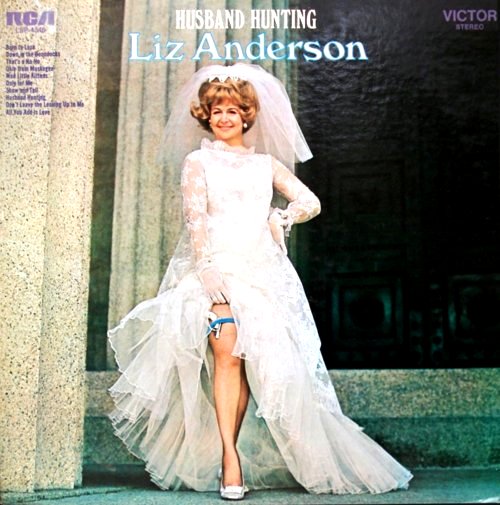






CAMP: "A cornucopia of frivolity, incongruity, theatricality, and humour." "A deadly, winking, sniggering, snuggling, chromium-plated, scent-impregnated, luminous, quivering, giggling, fruit-flavored, mincing, ice-covered heap of mother love." "The lie that tells the truth." "Ostentatious, exaggerated, affected, theatrical; effeminate or homosexual; pertaining to or characteristic of homosexuals."

[He] went to Elstree Preparatory School, a Spartan institution from which he nevertheless won a scholarship to Harrow. “You’ll see some fellows doing things which will shock and disgust you,” warned his prep school headmaster. “They will ask you to join in, too, and this you will on no account do.” History does not relate whether young Sandy needed or heeded this advice.We bid a sad farewell today to Sandy Wilson, composer, playwright and author, and one of the last "greats" of British theatre.
In 1952 the Players Theatre commissioned Wilson, for a £50 fee, to write a “divertissement”. The result was The Boy Friend. After some lengthening of the original two-act show, and various efforts to get it to the West End, it opened to general acclaim at Wyndham’s Theatre in January 1954.
Though it remained a perennial favourite and earned Wilson so much money that he was advised he need never work again, his own relationship with the play was a difficult one. He hated the Broadway production and was banned from rehearsals. He hated Ken Russell’s film version, complaining that his offers of help had been rejected. In 1984 he fell out with Cameron Mackintosh over a West End revival which also, he felt, veered too far from the original.




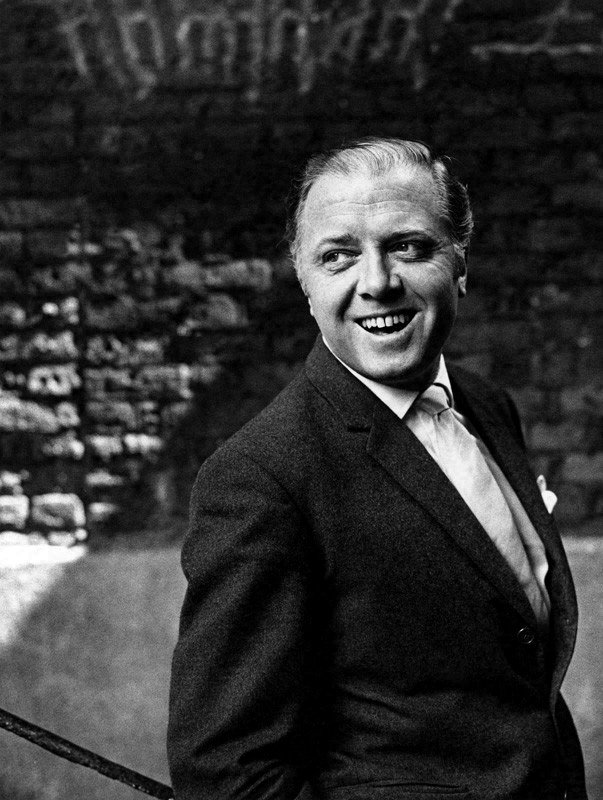

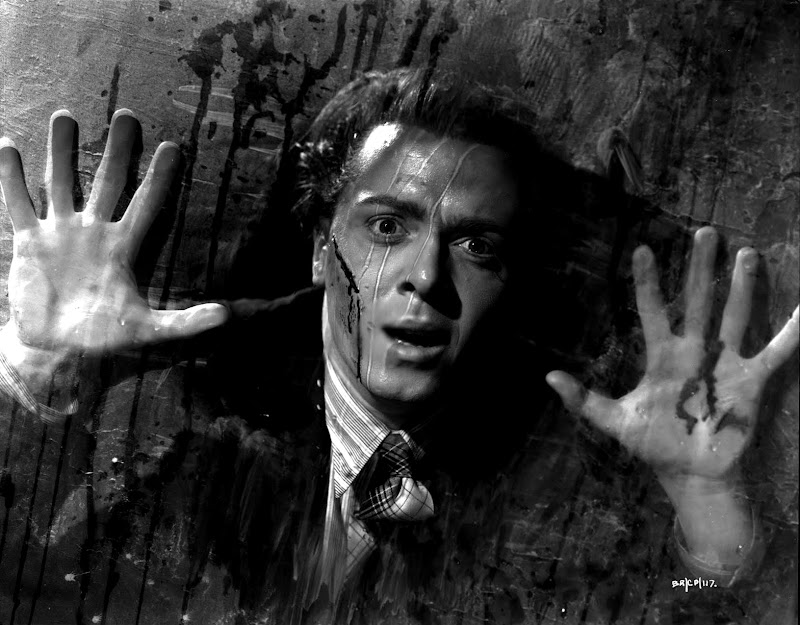
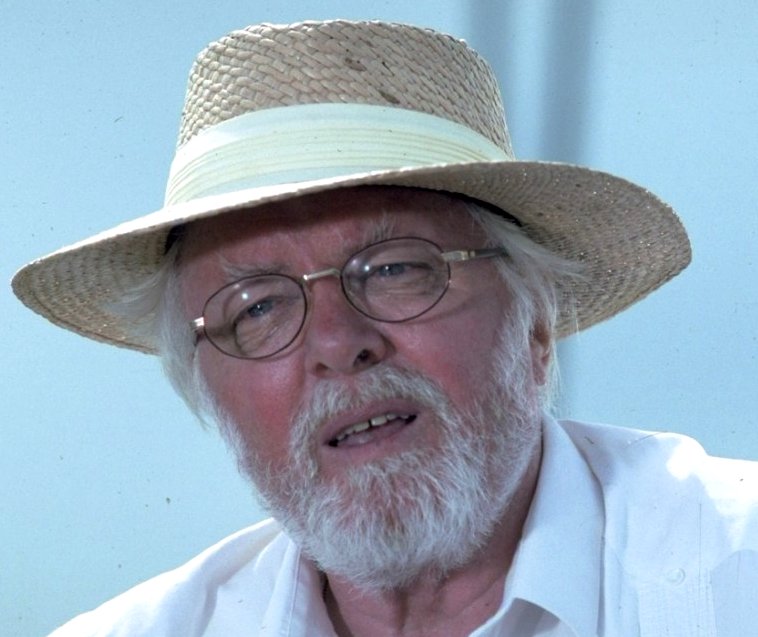



Her voice was not large, or unusually beautiful, and she did not command the ethereal pianissimos of Renata Tebaldi, but Licia Albanese brought emotional warmth and exemplary diction to her roles - and an ability to identify completely with her characters.Here she is in triumphal form in 1953 as Cio-Cio, with a sublime version of one of Puccini's most tragic arias:
According to her entry in the International Dictionary of Opera: "Nowhere was [her] mastery of her art more palpable than during the moments that required her to 'expire’ onstage, something she invariably accomplished with the most exquisite expressivity, whether called upon to demonstrate a gradual, quiet fading away (Mimi, La Bohème); a final feverish outburst (Violetta, La Traviata); an intense losing battle to cheat death (Manon Lescaut); or an act of unbearable poignancy such as the suicide of Butterfly.” She studied books about Japan for her characterisation of the tragic heroine and, when preparing for the “consumptive” roles of Mimi and Violetta, even visited a tuberculosis ward.
And here (proving once again that all roads lead to Stritchy) she is as the older "Heidi Schiller" in the 1985 concert production of Sondheim's Follies (at the 4:59 mark)...
RIP Licia Albanese (22nd July 1909 – 15th August 2014)
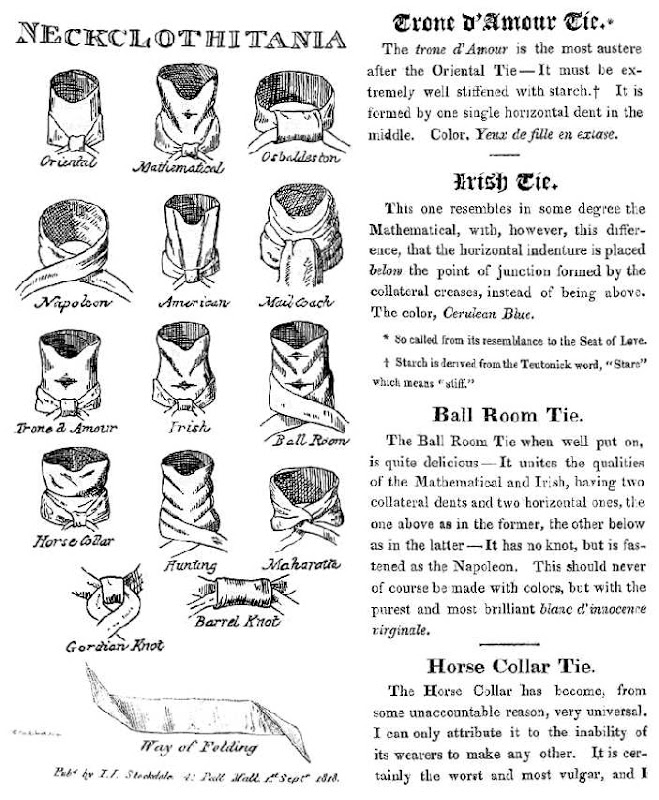

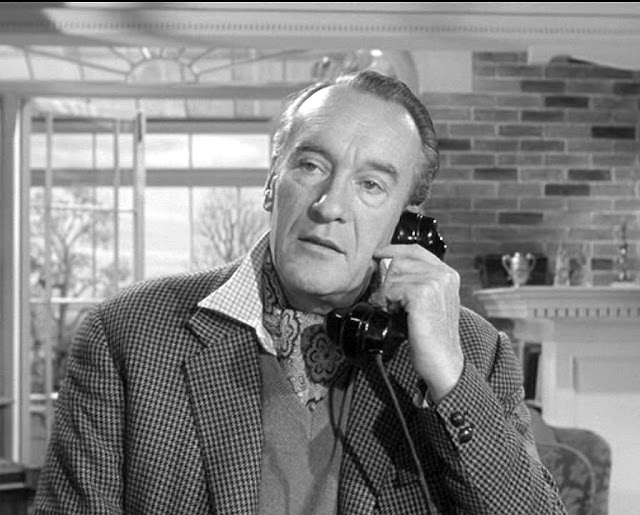
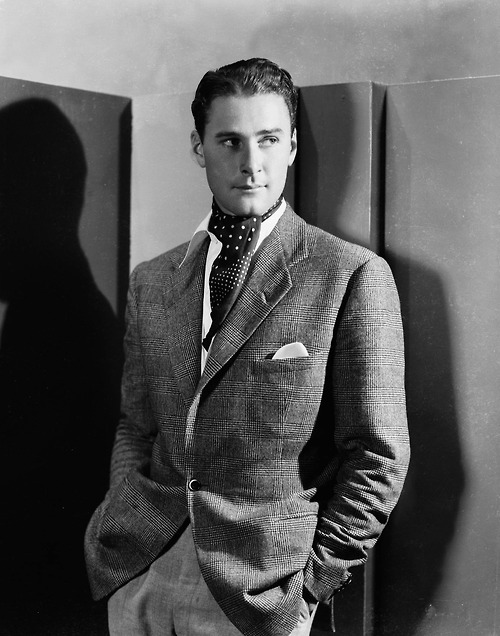
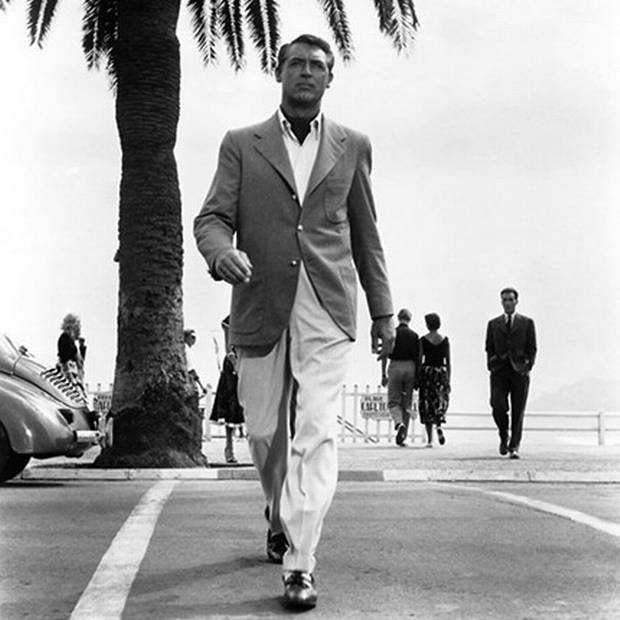














A row has broken out in Italy after a photographer dressed up a famous 2,500-year-old statue in a leopard-skin thong and pink feather boa.It's all been done before, of course.
The Riace Bronzes, of Greek warriors, are two of the nation's greatest archaeological treasures.
Photographer Gerald Bruneau was given permission to shoot the warriors at their museum in Reggio Calabria.
However, work was halted when he was discovered dressing the statues. The museum called the images "terrible".
A local politician has now demanded a judicial inquiry.

...At the most infamous club, the Cave of the Golden Calf in Heddon Street (a back street that would later feature on David Bowie’s Ziggy Stardust cover), futurist poets in goatee beards recited avant garde verse, and guests were greeted by a phallic sculpture designed by Eric Gill, to which they bowed in mock idolatry. When Wilfred Owen was on leave in London, he noted that the upper floor of the Piccadilly café in which he sipped tea contained an opium den.How camp!
Nearby, in Half Moon Street, Robbie Ross, Oscar Wilde’s first lover and his literary executor, painted his rooms gold in protest at the war. In the wake of Wilde’s conviction for gross indecency, the war itself presented a new challenge for gay men; Ronald Firbank called it “that awful persecution”. But as the first modern, industrial conflict overturned class and gender barriers, it also opened up the possibility for new sexual identities – even in the mud and mire of the western front.
By advertising in the international press after the war, asking people to send him accounts of their sexual experiences during the conflict, renowned German sexologist, Magnus Hirschfeld (who features in Christopher Isherwood’s Berlin writing) discovered there were transvestites in the trenches with ball gowns in their backpacks. In the archives of the Imperial War Museum, I discovered other personal diaries that detailed same sex behaviour between serving soldiers. Hirschfeld also found accounts of drug clubs, and nudist clubs in London, Paris and Berlin. Even in suburban Clapham, a teenage Noel Coward and Esmee Wynne, his companion/muse, wore “futurist pyjamas”, and swapped clothes to run riot, in drag, in the West End.


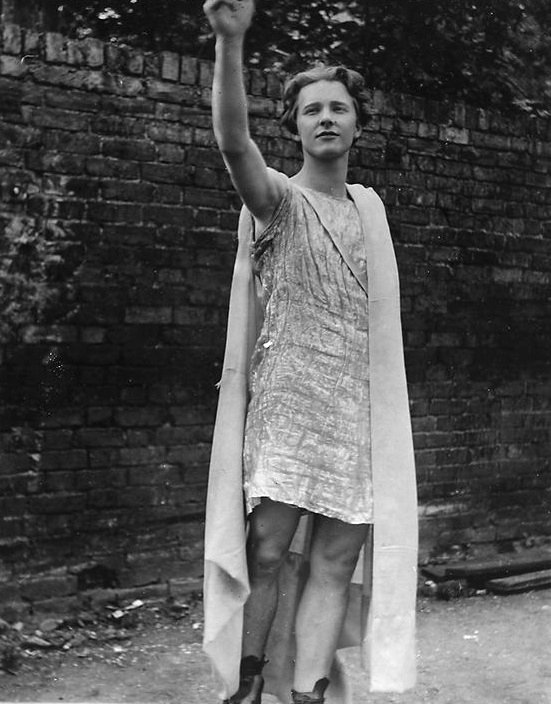
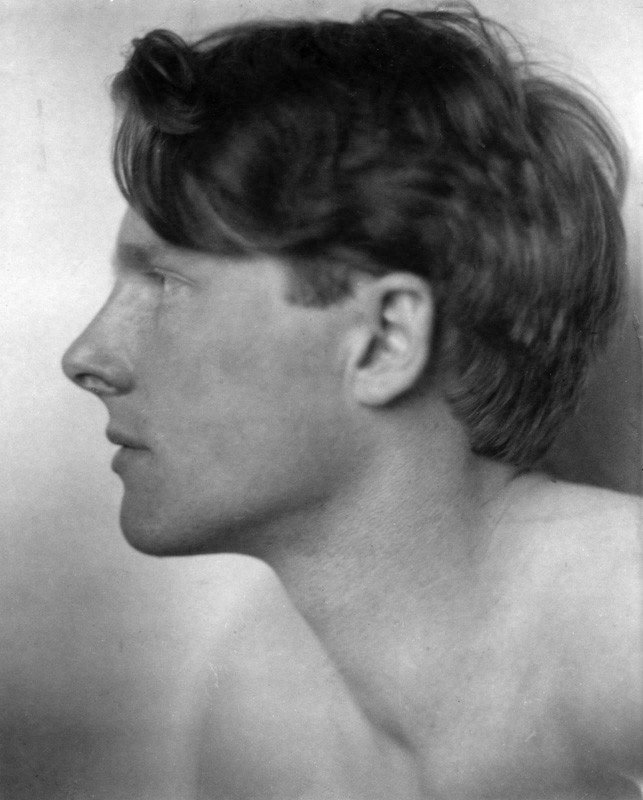
Henry James met Rupert Brooke (1887–1915) in Cambridge in 1909, when Brooke acknowledged "I pulled my fresh, boyish stunt" and bewitched the novelist. James's last published writing, in response to Brooke's death in the Great War, and shortly before his own, celebrated Brooke's "wondrous, heroic legend."Coincidentally (ironically) on this date, 27 years before the outbreak of World War One - his poems about which remain so lauded - the man described by the Irish poet W. B. Yeats as "the handsomest young man in England" Rupert Brooke was born. Brooke has become a bit of an enigmatic icon of WW1, particularly during these centenary celebrations, dying young as he did on his way to the front at Gallipoli and having written the classic patriotic stanza:
Brooke's war poems were already famous even before he died at Skyros in April 1915, of an infection rather than in battle. Winston Churchill consolidated the icon: "Joyous, fearless, deeply instructed, with classic symmetry of mind and body, he was all that one would wish England's noblest sons to be in days when no sacrifice but the most precious is acceptable, and the most precious is that which is most freely proffered."
His war poetry was popularized precisely because its rosy images denied the realities of war, and ironically drew many young men to join up and go to their own deaths. He was widely celebrated as a golden-haired Apollo - his photograph at age twenty-five is the first modern icon of beauty - and was desired by everyone, male and female, who came within the Bloomsbury magic circle.
